Description
ABSTRACT
Case Scheduling and Management in Nigeria: Between the Rules and Practice – Order 22 of the Court of Appeal Rules in Focus
Chukwuma AJ Chinwo* and Mondenghe A. Essien**
The problem of delay in the administration of justice is a universal and age-old one. Many nations and jurisdictions have devised different methods by which they can curb the adverse effects. The writers who are litigation (lawyers?) review the problem in Nigeria, examine the constitutional provisions and try to identify some factors that contribute to delay in the administration of justice. They proffer some solutions by examining Order 22 of the Court of Appeal Rules, 2021, which makes express provisions for case management and scheduling system. They conclude that there is a lot to be done by the courts and other stakeholders in the justice delivery chain to attain the essence of the reforms anticipated by the rules. Or the ones they suggest.
Keywords: administration of justice, Court of Appeal Rules, case scheduling
INTRODUCTION
Delay in the administration of justice in Nigeria has become a problem that can longer be overlooked or rationalised. Any reform in the administration of justice to be productive and meet the expectations of those who instituted or wished for it must address this malady. Delay in the dispensation of justice is always a cause for concern.1 An efficient system for the speedy disposal of cases within a prescribed statutory period or reasonable time is necessary for an ideal system of administration of justice. The saying that ‘Justice delayed is Justice denied’ summarises the need for models that would help the court discharge its primary responsibility of dispensing justice to those who turn to it seeking to be vindicated in their urge to assert their rights.2 One of the methods that have risen for ensuring reasonable speed is what has been described as case management. It is not a new practice, but renewed attention has brought it forward as a subject that can no longer be overlooked or taken for granted. This article examines case management in Nigeria, mainly focusing on Order 22 of the Court of Appeal Rules, 2021. We examine the causes and challenges of delay in the administration of justice in Nigeria; the meaning of case management; the necessity or imperative of case management; provisions made in some rules of court for case management and the practice of case management in our courts.
*PhD, BL. Managing Solicitor, Amazing Grace Partners, Port Harcourt, Nigeria. Email: ca*******@***il.com.
** LL.M, BL. Solicitor-in-Chambers, Amazing Grace Partners Port Harcourt, Nigeria. Email: mo*******@***oo.com
- See Chukwuemeka Chinwo, ‘The Supreme court of Nigeria and the Wheel of Justice’ (2018) 2 IMSU Journal of International Law and Jurisprudence, 240; in The Adjudicator, Journal of the Rivers State Judiciary 1(2), 77; Chukwuma Chinwo, ‘Delayed Justice: Appellate Courts can Salvage the Situation’, Daily Independent (30 August 2007) III; Chukwuma Chinwo, ‘Delay in Justice Delivery Inevitable, Unless…’ Daily Independent (10 January 2008) III-IVand Thursday January 17, II.
- Z Adangor, ‘The Powers of the Court to Administer Justice: Philosophy, Principles, Scope and Limitations‘ in CE Halliday (Rd), The Journey: Legal Essays in Honour of Snr. Chief Kola Babalola,
SAN25.

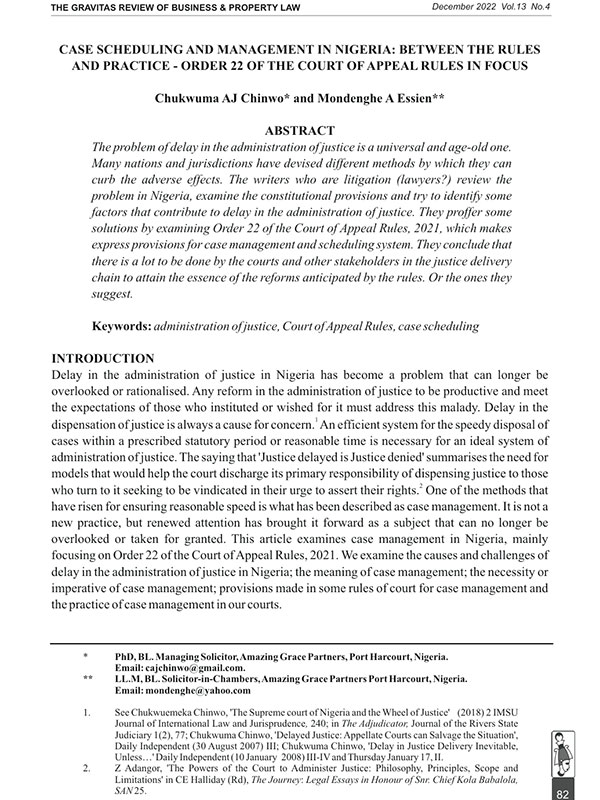
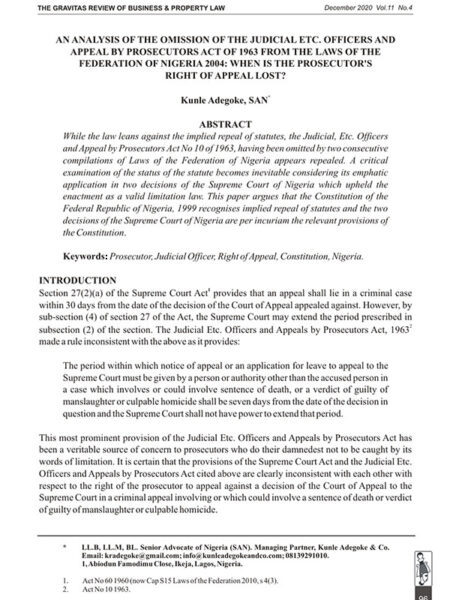
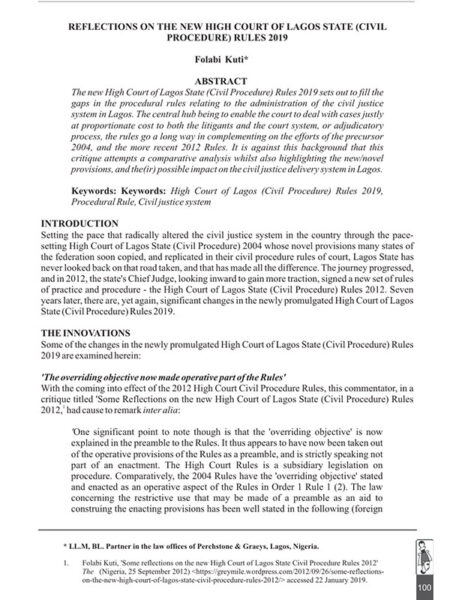
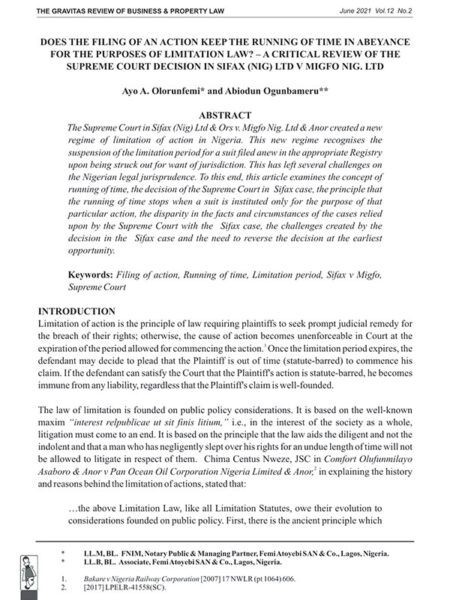
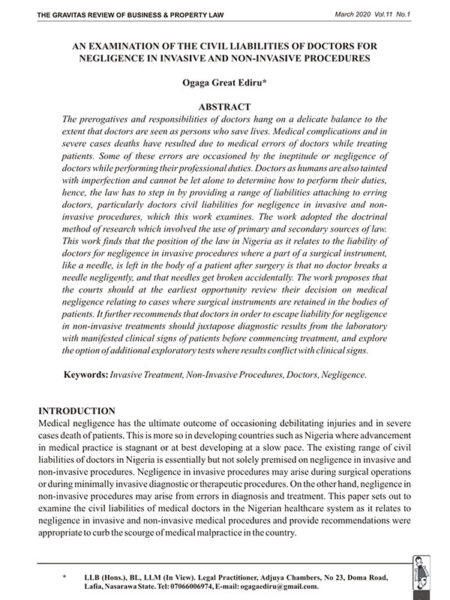


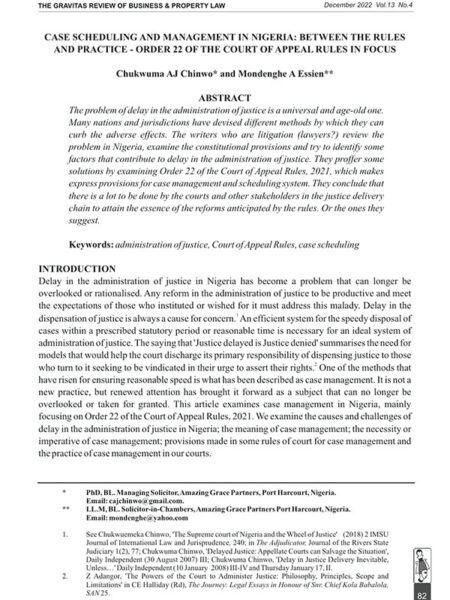
Reviews
There are no reviews yet.